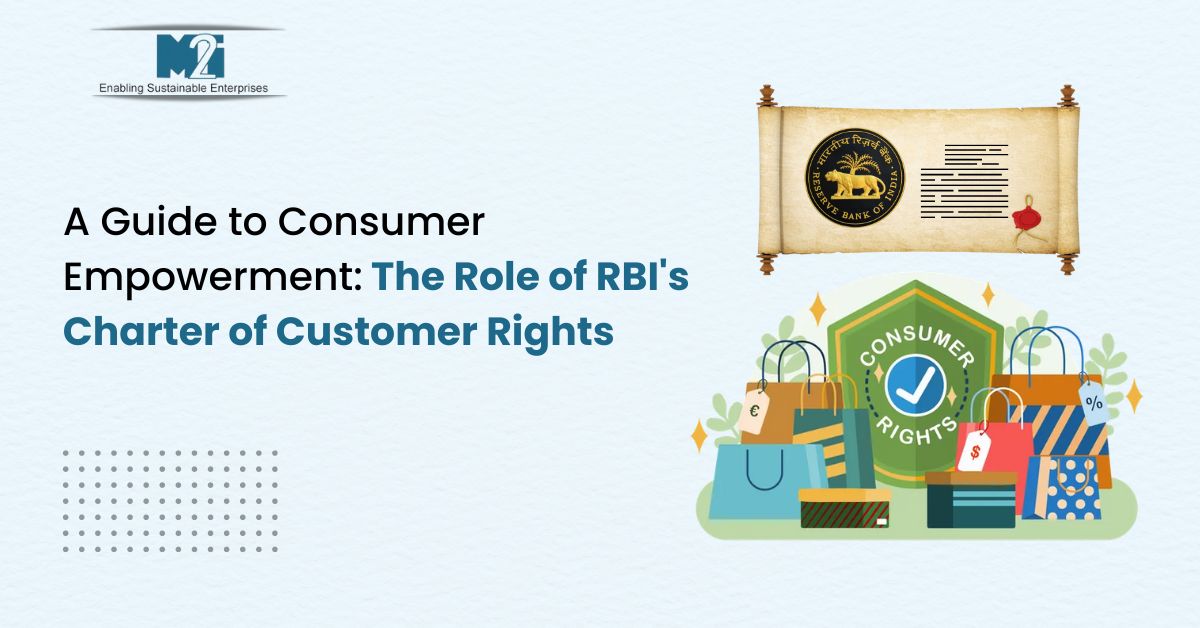
A Guide to Consumer Empowerment: The Role of RBI's Charter of Customer Rights
The Reserve Bank of India (RBI) plays a pivotal role in safeguarding consumer interests in the banking and financial services sector. The RBI's Charter of Customer Rights stands as a testament to its commitment to consumer protection. Let's delve into how this charter contributes significantly to financial consumer protection.
1. Right to Fair Treatment:
This right ensures that customers are treated with respect and without discrimination. In a diverse country like India, where differences in gender, age, religion, caste, and physical ability are profound, this right is crucial. It ensures that financial services are accessible and equitable, fostering a sense of fairness and inclusivity in financial dealings. This right is particularly important in promoting financial inclusion among marginalized groups.
2. Right to Transparency, Fair and Honest Dealing:
Transparency is the cornerstone of trust in financial relationships. This right obligates financial service providers to be clear and honest in their dealings. It mandates that terms and conditions, risks, and costs associated with financial products are communicated in an understandable manner. This transparency protects consumers from misleading practices and ensures they are well-informed before making financial decisions.
3. Right to Suitability:
The right to suitability mandates that financial products offered should align with the customer's needs and understanding. This right protects consumers from being overwhelmed or misled by complex financial products that may not suit their financial situation. It ensures that financial services providers act not just as sellers, but as responsible advisors, putting the customer's needs first.
4. Right to Privacy:
In an era where data is as valuable as currency, this right safeguards customers' personal information. It ensures that customer data is not misused and is disclosed only with consent or for lawful purposes. This right is crucial in building customer confidence, especially in the digital banking space, where concerns about data privacy are paramount.
5. Right to Grievance Redress and Compensation:
This right is perhaps the most tangible aspect of consumer protection. It ensures that customers have clear and accessible channels for grievance redressal. Financial service providers are held accountable for their products and services, and there is a mechanism in place for compensation in cases of lapses or errors. This right empowers customers, giving them a voice and a means to seek justice.
The RBI's Charter of Customer Rights is more than a regulatory framework; it's a commitment to the ethical treatment of consumers in the financial sector. By empowering consumers with these rights, the RBI is not only protecting them but also enhancing the integrity and trustworthiness of the financial system. As consumers become more aware of these rights, they can make more informed decisions, contributing to a healthier financial ecosystem. This charter is a significant step towards a more consumer-centric financial landscape in India, where consumer rights are not just acknowledged but actively protected.